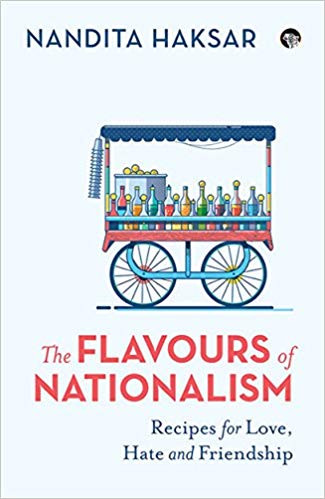Nandita Haksar book, The Flavours of Nationalism, reminds us that food is not just a personal affair, it is also politically charged. In this brilliantly composed memoir Haksar writes about how food shaped her ideas about politics and culture and at the same time introduced her to the notions of communalism, patriarchy and nationalism which were all embedded in the way that food was prepared, shared and consumed.
From the Jalebis in Chandni Chowk, the Nimish in Lucknow, the Hilsa in Bangladesh to the chicken liver chutney in Nagaland—Haksar writes how food has become a diverse and yet a uniting factor across communities. She takes us along with her as she journeys from her Kashmiri Pandit family settled in Old Delhi and Lucknow to becoming a human-rights activist and the protesting against atrocities on the Nagas in Manipur.
The book reminds us that the food that we eat is not just personal; it is interwoven in culture, history and politics. It is shaped by our social location and identities. Practices associated with food when carefully examined also display our latent prejudices and bigotry. The book explores the debates between Mahatma Gandhi and Baba Saheb Ambedkar on the questions of caste and inter-dining.
This becomes all the more significant in a context where food nationalism has led to severe distortions in the relationships between the upper and the lower castes and the Hindus and the Muslims.

